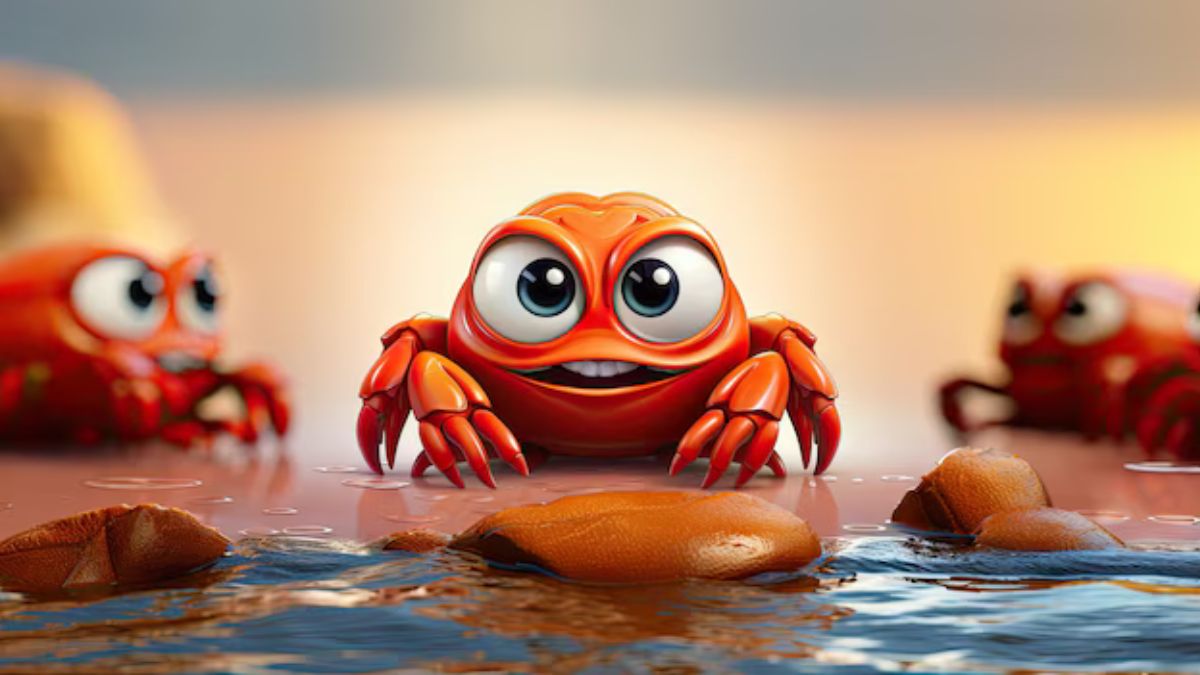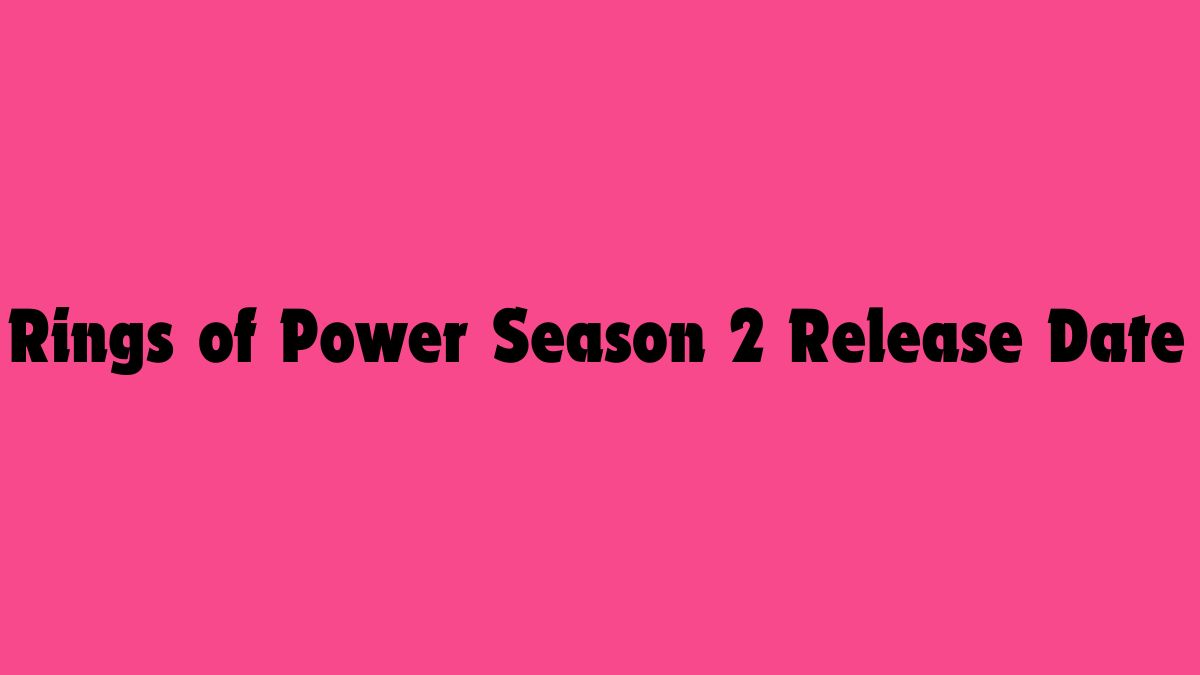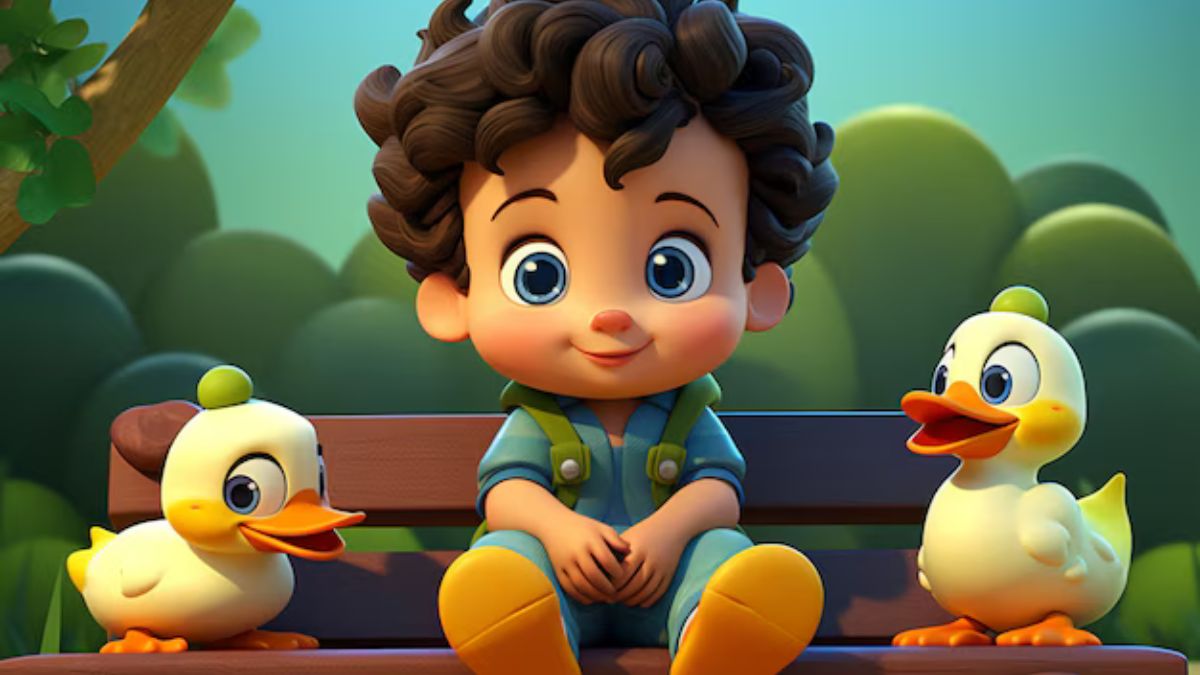Have you ever found yourself tangled in the web of a crossword puzzle, staring at a particularly perplexing clue? One that makes you scratch your head and furrow your brow? Enter the enigmatic “Crab Organ Crossword Clue.” With its quirky combination of crustacean trivia and wordplay, this clue can send even seasoned puzzlers diving into their reference books. But fear not! Whether you’re an avid crossword enthusiast or just dipping your toes into these cerebral challenges, we’re here to unravel the mysteries behind crab organs and how they fit into the fascinating world of crosswords. Let’s get cracking!
Understanding Crossword Clues and Answers
Crossword puzzles are a delightful brain workout. At their core, they consist of clues that lead to answers, often in the form of words or phrases.
Understanding these clues is crucial for successful solving. They can be straightforward or cryptic, requiring lateral thinking and creativity. A simple clue may point directly to an obvious answer, while others might use puns or wordplay.
Abbreviations are common. For example, “Dr.” could refer to “Doctor” but might also hint at other titles depending on the context.
Synonyms play a major role too. Knowing multiple meanings of words can open up possibilities you didn’t initially consider.
Tackling these clues requires patience and sometimes even collaboration with fellow enthusiasts who share your passion for puzzling through language intricacies together!
The History and Evolution of Crossword Puzzles
Crossword puzzles trace their origins back to the early 20th century. The first known puzzle was published in the New York World newspaper in 1913, created by Arthur Wynne. This simple grid featured a mix of words and clues, capturing readers’ attention immediately.
As interest grew, so did the complexity of these puzzles. By the 1920s, crosswords began appearing in various publications across North America and Europe. They transformed from quirky features into mainstream entertainment.
During World War II, crossword puzzles gained further popularity as a means for soldiers to pass time during long deployments. Post-war years saw innovations like themed crosswords and diverse clue styles that catered to varying skill levels.
Today’s crosswords are often digital, allowing enthusiasts worldwide to engage with them easily. While technology has changed how we solve these brain teasers, their appeal remains timeless.
Common Themes in Crossword Puzzles
Crossword puzzles often weave together a tapestry of themes that can surprise and delight solvers. One common theme is wordplay, where puns and clever twists elevate the challenge. This adds an extra layer of fun for those who enjoy linguistic gymnastics.
Another prevalent motif revolves around pop culture. Clues may reference movies, music, or celebrities, making it relatable to many. It keeps the crossword fresh and relevant to contemporary interests.
Geography also makes frequent appearances. Cities, countries, and landmarks often find their way into clues. For travel enthusiasts, this aspect becomes particularly engaging as they connect answers with personal experiences.
There’s a fondness for trivia about history or science in crosswords. These clues not only test knowledge but also encourage learning new facts along the way—perfect for curious minds eager to expand their horizons through puzzling adventures!
Decoding the Clue: What is a Crab Organ?
When faced with the clue “Crab Organ,” you may find yourself pondering the crustacean anatomy. This term could refer to various parts of a crab’s body, but in crossword puzzles, context is key.
The most common answer is “gill.” Crabs possess gills that enable them to breathe underwater. These organs are essential for their survival and often serve as clues themselves in aquatic-themed puzzles.
Another possible interpretation might lead you to “claw.” While not an organ in the traditional sense, it’s a vital part of a crab’s identity. Many people associate crabs with their impressive claws used for defense and capturing prey.
Understanding these nuances can make all the difference when decoding crossword clues. Each word holds potential secrets waiting to be uncovered by keen puzzle solvers.
Solving the Puzzle: Tips and Strategies
Tackling a crossword puzzle can be both rewarding and challenging. Start by scanning the entire grid for easy wins. Look for short words or common letters that jump out at you.
Filling in known answers gives you confidence and lays down a foundation. Don’t hesitate to tackle the clues that seem straightforward first; they often lead to breakthroughs.
Consider the theme of the puzzle, as it might guide your thought process. If you’re wrestling with a particular clue, take a step back. Sometimes, walking away helps clear your mind.
Use pencil instead of pen initially; this allows adjustments without frustration. Remember to embrace flexibility—answers may change as new ones fill in around them.
Collaborate with friends if possible! Different perspectives can reveal insights you might overlook on your own.
Conclusion
Crossword puzzles have a unique charm that captivates many enthusiasts. The Crab Organ crossword clue is just one of the many intriguing challenges you may encounter. Deciphering it requires not only knowledge but also a dash of creativity and lateral thinking.
Engaging with the world of crosswords opens up an array of themes, from nature to history and everything in between. Each puzzle beckons you to dive deeper into your vocabulary while sharpening your problem-solving skills.
When faced with specific clues like “Crab Organ Crossword Clue,” remember to think outside the box. Research can be your ally, as understanding terminology related to marine life or anatomy might give you that crucial edge.
As you tackle these conundrums, embrace the joy of discovery and learning that comes with each solved clue. Whether you’re a seasoned pro or just starting out, every crossword provides an opportunity for growth and enjoyment in language play!











